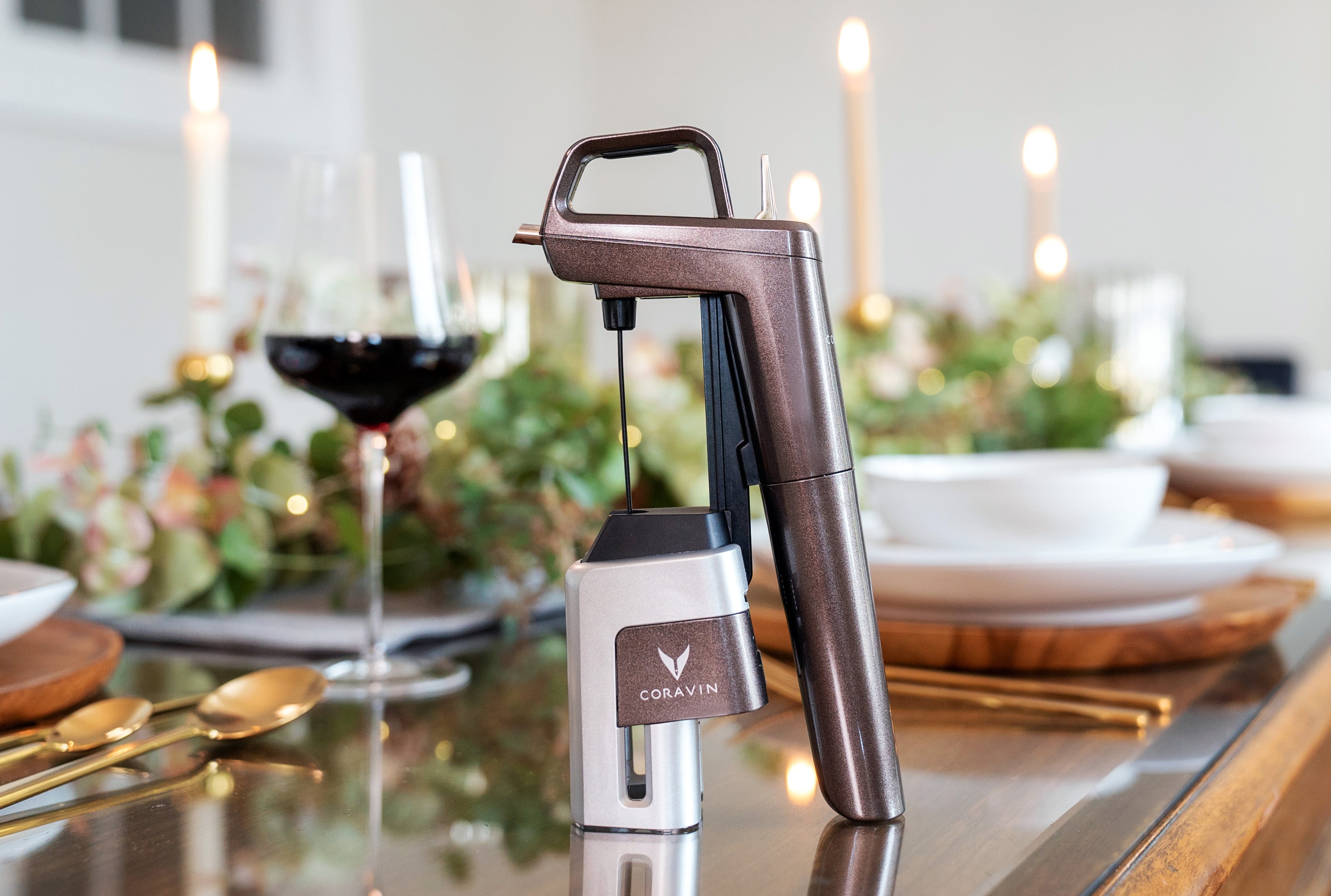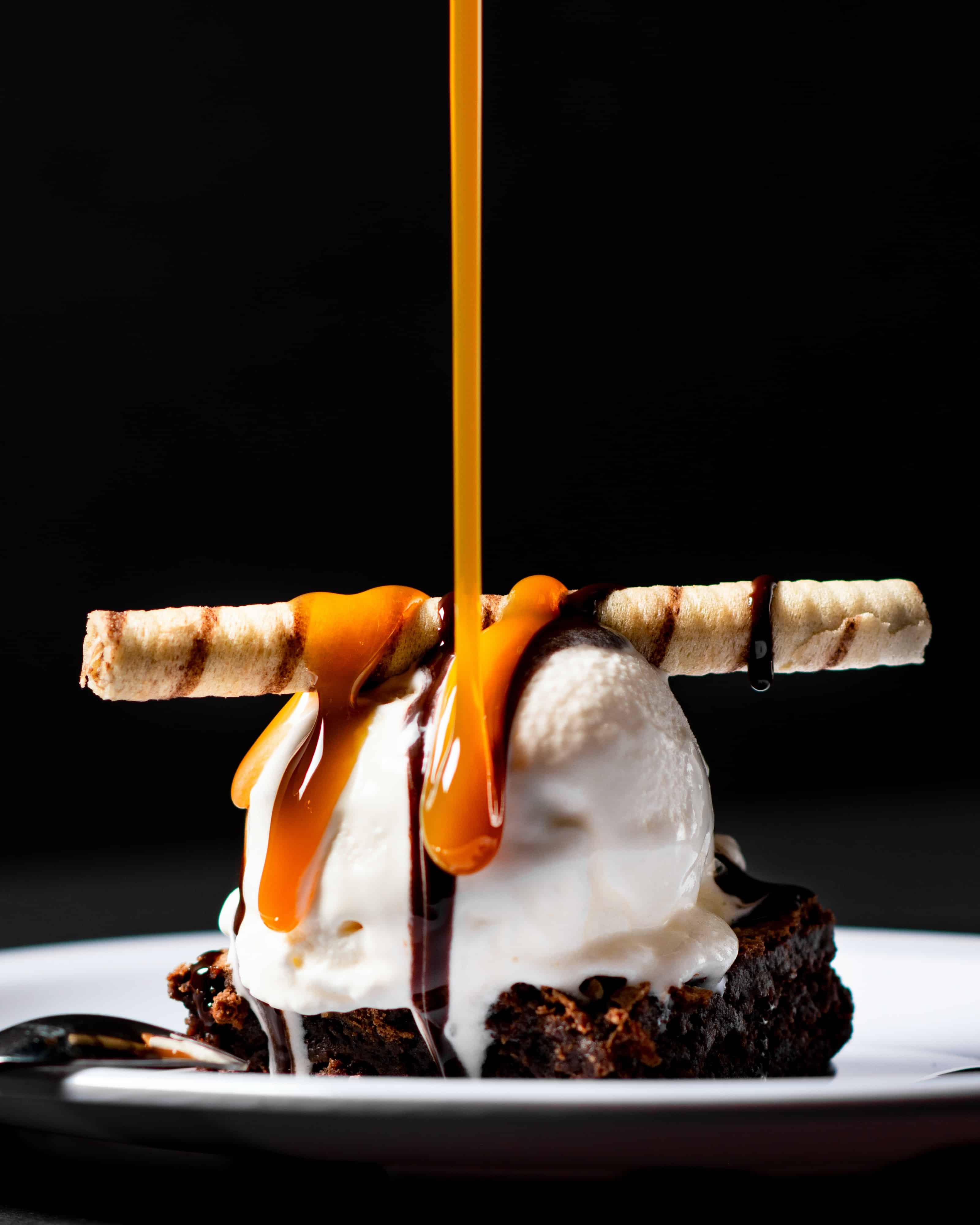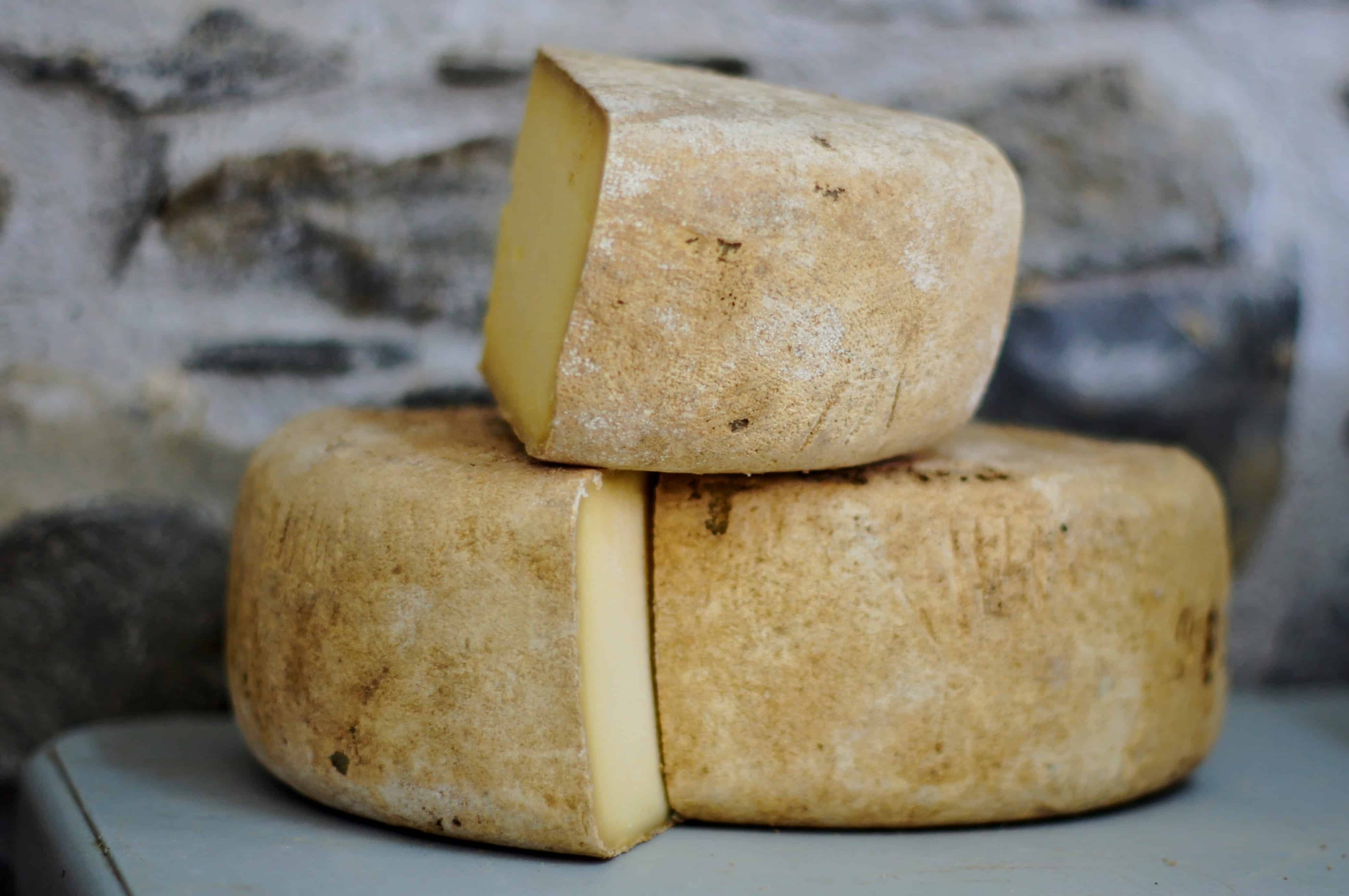Quaint Wineries In Picturesque Settings In Sebastopol - Best Wineries In Sonoma For A Wine Experience
Quaint Wineries In Picturesque Settings In Sebastopol - Best Wineries In Sonoma For A Wine Experience
Blog Article
Rustic Family-Owned Wineries In Sebastopol - Sonoma Wine Culture
Wine tasting is usually regarded as an art kind, one that goes past merely enjoying a beverage. It embraces a complex interplay of flavors, aromas, and textures that requires devoted practice to really grasp. Many who venture into the world of wine tasting rapidly understand that it entails far more than simply sipping wine. Improving sensory skills by way of dedicated winery wine tasting can elevate the experience, reworking a casual consuming occasion into a complicated exploration of the senses.
At a primary stage, wine tasting engages the senses of sight, smell, style, contact, and even sound. Each part plays an important function in appreciating the nuances of a wine. When one first pours a glass of wine, the rich hues can present preliminary insights into its age and varietal. Observing the color and readability helps kind expectations concerning the wine's flavor profile. Many don’t totally appreciate how this visible evaluation can set the stage for what's to follow.
The next step is to have interaction the sense of smell. Swirling the glass aerates the wine, allowing its risky compounds to flee and fill the air with its bouquet. The nostril entails some fascinating layers—different aromas can sign various aspects of the winemaking process, together with the sort of grapes used, fermentation methods, and growing older circumstances. Creating a eager sense of scent could be a game-changer in wine tasting.
Wineries Near Highway 12 - Top-Rated Wineries In Sebastopol
To improve this sensory skill, wine enthusiasts are often inspired to take part in dedicated tastings at wineries. These tastings enable individuals to focus solely on the sensory experience (Wineries Featuring Vineyard Tours). Tasting sessions led by educated sommeliers or winemakers can offer insights into figuring out distinct aromas. Learning to distinguish between floral, fruity, earthy, and spicy notes can empower a taster to articulate their experience with greater precision.
As one practices their sensory talents, they may uncover that their taste preferences evolve. This transformation typically happens after multiple tastings. A wine that originally seemed overwhelming would possibly reveal hidden layers of complexity with a bit of experience. Understanding tips on how to isolate individual flavors similar to acidity, sweetness, bitterness, and umami contributes substantially to the overall wine experience.
One Other essential factor in bettering sensory skills is the context by which wine is tasted. Environmental components like temperature, lighting, and even the company present can affect perceptions. At a winery, an optimal setting can scale back distractions and allow a more profound exploration of the wine (Historical Wineries To Visit In Sonoma). Working Towards mindful tasting techniques encourages a extra immersive experience, allowing tasters to hone in on their senses.
It isn't solely about particular person perception, although. Partaking with others throughout a tasting also can improve sensory skills. Sharing notes and discussing impressions fosters a deeper understanding of the wine. This collaborative method encourages individuals to articulate their sensory experiences, thereby broadening their linguistic repertoire related to wine tasting.
Elegant Wine Tasting Locations In Sonoma - Exploring The Vineyards In Sonoma County
Moreover, pairing wine with food can significantly enhance the tasting experience. Completely Different combos can convey out unique flavors in each the wine and the dish. As one tastes a wine alongside specific foods, they'll begin to recognize how sure parts in the wine complement or distinction with what they are eating. This skill of pairing is one other layer that enriches sensory improvement.
Training one’s palate can contain a wide selection of exercises. Some enthusiasts have interaction in systematic tasting experiences, sampling a variety of wines that showcase different varietals, areas, or vintages. Exploring this diversity can sharpen the flexibility to discern nuances across different wine profiles. Over time, this practice builds a psychological library of flavors that can be accessed throughout future tastings.
Notably, written notes serve a dual function: organizing one’s thoughts and reinforcing reminiscence. By writing down observations about each wine, tasters can observe their progress over time. Detailing the characteristics of wines assists in solidifying data, finally deepening one’s appreciation of what they devour.
Furthermore, attending workshops or classes centered on sensory analysis may also be helpful. Many wineries offer these academic programs to assist individuals refine their skills. Typically, educated instructors guide individuals through structured tastings, specializing in specific parts of the wine. This stage of schooling reinforces the sensory skills asynchronously and challenges tasters to consider their experiences from totally different angles.
Wineries That Welcome Walk Ins - Discovering The Vineyards Of Sonoma County

Over time, the commitment to enhancing sensory skills through dedicated winery wine tasting can yield important rewards. The enjoyment derived from wine turns into layered and multifaceted. No longer restricted to a easy preference for "red" or "white," tasters begin to appreciate the stories behind each pour. They cultivate a palette capable of navigating the complex landscape of flavors with confidence.
In conclusion, the journey of enhancing sensory skills through dedicated winery wine tasting is as rewarding as it's content gratifying. It requires focus, dedication, and a willingness to be taught, however the outcomes far exceed the preliminary effort. By partaking a quantity of senses and collaborating in considerate discussions, individuals not only become more adept at figuring out flavors but additionally develop a deeper appreciation for the craftsmanship behind every bottle. The course of transforms wine from a mere beverage into a rich tapestry of sensory exploration that beckons enthusiasts to delve deeper. As skills improve, so too does the enjoyment, enriching life experiences one sip at a time.
Wineries With Estate-Grown Grapes - Sebastopol Area Wine Tasting
- Engaging the palate via numerous wine varieties enhances the flexibility to distinguish flavors and aromas, refining general sensory perception.
- Collaborating in guided tastings promotes centered consideration on subtle characteristics of each wine, nurturing crucial tasting skills.
- Studying to establish particular grape varieties fosters a deeper understanding of terroir, which aids in recognizing regional flavor profiles.
- Incorporating food pairings throughout tastings can heighten sensory consciousness, as completely different tastes can influence each other and alter perceptions.
- Training the art of swirling and nosing wines permits people to attach olfactory cues with style, improving the ability to articulate sensory experiences.
- Attending workshops that emphasize blind tastings trains participants to rely purely on their senses rather than preconceived notions, enhancing objectivity.
- Elevating sensory skills can lead to better wine selection talents, empowering individuals to make informed decisions based mostly on personal preferences.
- Partaking with knowledgeable sommeliers provides insights into wine-making processes, which deepens sensory appreciation and enhances vocabulary for describing wines.
- Regular participation in tastings encourages memory improvement of flavors and aromas, aiding within the formation of a customized sensory profile over time.
- Sharing tasting experiences with friends fosters dialogue, selling communal learning that can enhance individual sensory skills through collaboration.undefinedWhat is the aim of bettering sensory skills by way of wine tasting?

Enhancing sensory skills through wine tasting permits individuals to reinforce their ability to determine and appreciate the varied aromas, flavors, and textures of wine. This heightened sensory awareness can lead to a deeper understanding of wine and an total enriched tasting experience.
Beautiful Picnic Areas At Sonoma Wineries - Sebastopol Area Wineries Offering Wine
How can I develop my sensory skills at a winery?
You can develop your sensory skills at a winery by collaborating in guided tasting classes that focus on specific varietals. Engage with knowledgeable employees who can present insights and encourage this website you to take notes on your impressions, enhancing each your observational and descriptive talents.
What should I anticipate during a dedicated wine tasting experience?
Artisan Wineries In Russian River Valley - Top Wineries To Visit In Sebastopol
Throughout a dedicated wine tasting experience, count on to pattern a number of wines while receiving targeted training about every one. You'll study about the winemaking process, tasting techniques, and how to discern totally different sensory traits, all in a relaxed surroundings.

Is prior data of wine needed to benefit from a sensory skills workshop?
- Vineyard Picnic Spots In Sonoma Valley
No prior data of wine is necessary; the workshops are designed for all ranges of experience. Newbies will find priceless info to construct from, whereas seasoned tasters can refine their skills and increase their palate even further.
How do sensory skills impact my overall wine appreciation?
Wineries That Host Harvest Festivals - Sebastopol Wine Tours And Vineyards
Improving sensory skills significantly enhances your total wine appreciation by allowing you to establish subtleties and complexities in wines. This deeper understanding enriches your tasting experience and helps you make knowledgeable choices primarily based on personal preferences.
Are there particular techniques I should use whereas tasting wine to enhance my sensory skills?
Top Rated Wine Experiences In Sebastopol - Sonoma Wine Tasting Spots
Yes, using techniques such as the "SWOT" method (Sight, Swirl, Scent, Sip, Savor) can be useful. Pay attention to the wine's look, aromatics, and mouthfeel, and take your time with every sip to totally discover the flavors and sensations.
What kind of wines are usually included in sensory skills tastings?
Typically, sensory skills tastings embody quite so much of wines that showcase different regions, varietals, and styles. This variety helps participants identify distinct characteristics and enhances their capacity to differentiate between wines.
Can sensory skills workshops be personalized to my tasting interests?
Family-Oriented Wine Tasting Venues In Sebastopol - A Winery In The Sonoma Valley To Discover
Many wineries supply personalized options for sensory skills workshops, allowing you to concentrate on specific kinds of wines or themes that interest you, such as organic wines or distinctive regional offerings. It Is finest to inquire directly with the winery for tailored experiences.
Is there a approach to practice sensory skills after leaving the winery?
Yes, you can practice your sensory skills at home by tasting different wines and keeping a tasting journal. Experimenting with various food pairings and aromatics can additional improve your understanding of how flavors interact, reinforcing the talents gained on the winery. Report this page